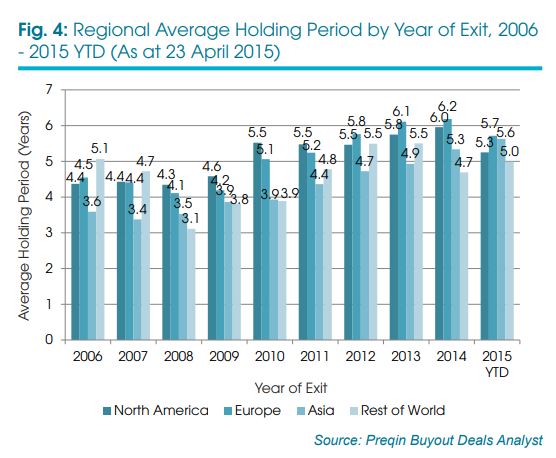There is value in securing one’s investment but not at the expense of saleability. PE firms bring a level of expertise that Startups may not have – often senior and seasoned talent that have seen a lot of wins and losses across other startups before. One can understand why a PE firm would lend resources to facilitate the growth and success of a firm they’ve invested in – often lending resources (for example, in Finance and Data) to complement the portfolio company in skill sets that may be lacking due to a small team. This has a dual benefit of enabling startup to operate leaner – without the heavy payroll of expert talent.
The problem with this approach is that the Portfolio Company is no longer autonomous. This hurts the salability of the business – as there are now gaps in the autonomous operations of the business. Sophisticated buyers and investors will now have to diver deeper into the operations of the firm to identify gaps, and capital allocators not looking to participate in operations will be much less likely to participate in an acquisition / merger.
It’s for this reason, that i believe the startups themselves must be empowered to handle all business functions – either internally or through an established partner network. One potential solution to the affordability of top talent problem, is to utilize Senior Executives in a Fractional capacity. Think fractional CMOs, CFOs etc. Strategy Karma offers Private Equity firms and their portfolio companies a fractional Head of Analytics to help them identify the biggest opportunities for growth, and drive initiatives within the org.
It’s important to caveat that there is a major exception to my thoughts above – which is when the PE firm is looking to buy and hold their investment for a very long term. In which case, the goal is to optimize profitability and sharing resources among separate companies under a PE fund makes a lot of sense. Berkshire Hathaway comes to mind as they may never sell See’s Candy. Warren Buffet famously sets the pricing strategy for See’s Candy products every December, and can continue to do so without requiring them to hire a new Warren for pricing.
But not many PE firms are in the business of long term holding. Most look for liquidity events in the next several year, with the hope that they were able to turn around and sell their portfolio companies for a profit. The chart below, an older statistic, illustrates an average holding time for portfolio companies at around 5 years or less across various industries.






Leave a Reply